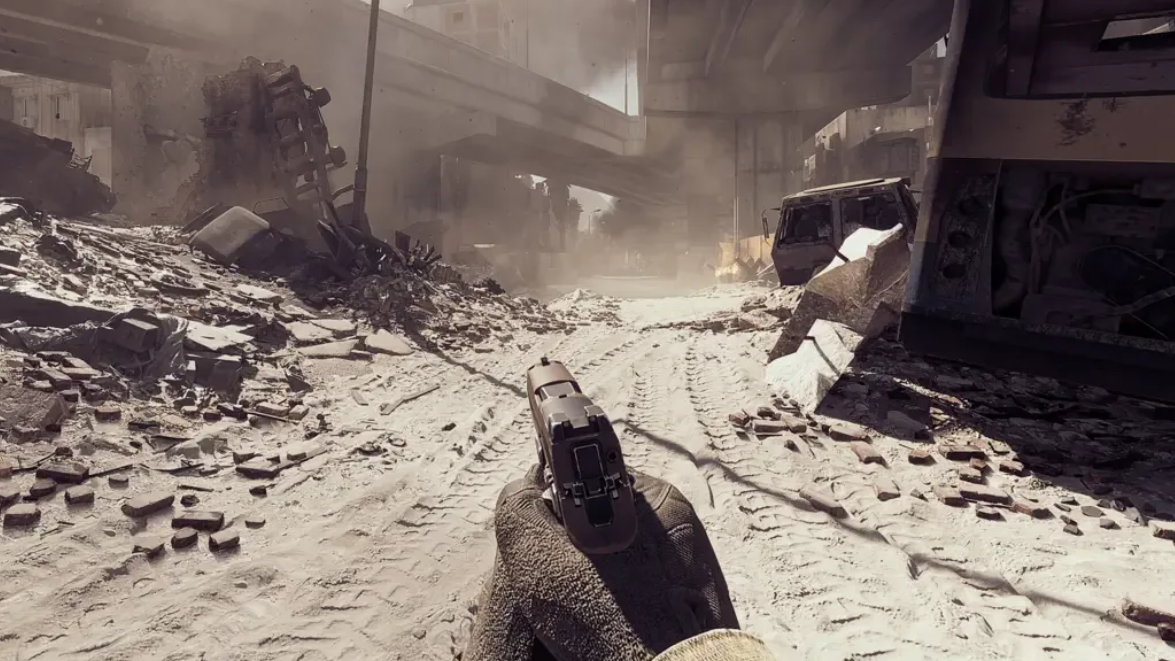Seeing “Global Game Quota Exceeded” when you try to host a Battlefield 6 Portal server means the Portal backend has hit its capacity. This isn’t a problem with your PC, console, or connection. It’s a demand issue: too many Portal sessions are running, so the system refuses new ones until slots free up.
What the “Global Game Quota Exceeded” error actually means
Portal uses a pool of server resources separate from standard multiplayer playlists. When that pool is full, any attempt to create or rehost a Portal session can return this message. The result is inconsistent: sometimes you’ll get in after a handful of tries; other times you can click for an hour and still be blocked. The pattern varies by time of day and region, with peak hours predictably tougher.
| Area | Impacted | Notes |
|---|---|---|
| Hosting Portal servers | Yes | New sessions can be blocked until capacity frees up. |
| Joining existing Portal servers | Sometimes | If a server exists and isn’t full, you can often join even when hosting is blocked. |
| Standard multiplayer (e.g., Conquest, Escalation) | Typically no | These playlists run on separate capacity and usually remain available. |
| Your hardware, install, or home network | No | This error is not caused by local setup. |

There is no client-side “fix,” but these workarounds help
You can’t repair a server-capacity block from your end, but a few adjustments reliably improve your odds or get you playing faster.
| What to try | Why it can help | Trade‑offs |
|---|---|---|
| Lower the lobby size to 16 players when hosting | Smaller sessions are easier to allocate on a full system and often secure a slot with fewer attempts. | Limits headcount; not ideal for large modes. |
| Try at off‑peak hours | Capacity pressure varies by region and time. Early weekdays are typically quieter than weekend evenings. | Inconvenient if your play window is fixed. |
| Rapidly retry the Host button | As inactive sessions shut down, a slot can open moment to moment. Repeated attempts sometimes catch a free slot. | Unpredictable wait times; can be minutes or much longer. |
| Join an existing server close to what you want | Search/filter for similar rulesets (e.g., bot‑friendly servers). Joining is often possible even when hosting isn’t. | You don’t control the exact configuration. |
| Use Local Host for Custom Portal experiences | Local hosting starts instantly and is ideal for practice (e.g., flight or aim training) without chasing capacity. | Applies to custom experiences only; progression/XP isn’t carried over and your level may show as 0. |
| Turn on the game’s Custom/Player‑Created Content setting | If you only see a “Purchase” prompt or can’t access Portal content, this toggle can restore the Host and Join options. | Purely a visibility fix; it doesn’t increase capacity. |
Why some servers appear “active” after everyone leaves
Portal server entries can persist in the browser even after the last player exits. Behind the scenes, empty sessions shut down shortly after and stop consuming capacity, but the listing may linger for a bit. That can make the server list look saturated even when resources are freeing up in the background.
What not to waste time on
- Resetting your router, clearing DNS, or running command‑line network resets won’t resolve a capacity block.
- Reinstalling the game or anti‑cheat won’t help with this specific error.
- Firewall or port forwarding changes aren’t relevant; the refusal comes from the Portal allocation system.
Local hosting: what it can and can’t do
Local Host is a useful release valve when Portal capacity is crushed. It’s best for personal practice or testing custom logic, and it starts immediately. Two key constraints:
- It’s for Custom Portal experiences, not official modes.
- Progression/XP are disabled; expect your profile level to show 0 in that context.
If you’re reshaping a Portal server you already created
Treat edits like a new host attempt. Republishing or returning to an inactive server goes through the same allocation process and can hit the quota wall. When capacity is tight, make changes locally first, then publish when you’re more likely to secure a slot (again, off‑peak hours help).

Bottom line
This error is a symptom of demand outpacing Portal server capacity. You can’t fix it locally, but you can increase your odds by reducing lobby size, shifting to quieter windows, rapidly retrying, or piggybacking on an existing server. For pure practice, Local Host is the fastest path. Standard multiplayer remains the fallback when Portal is jammed.


